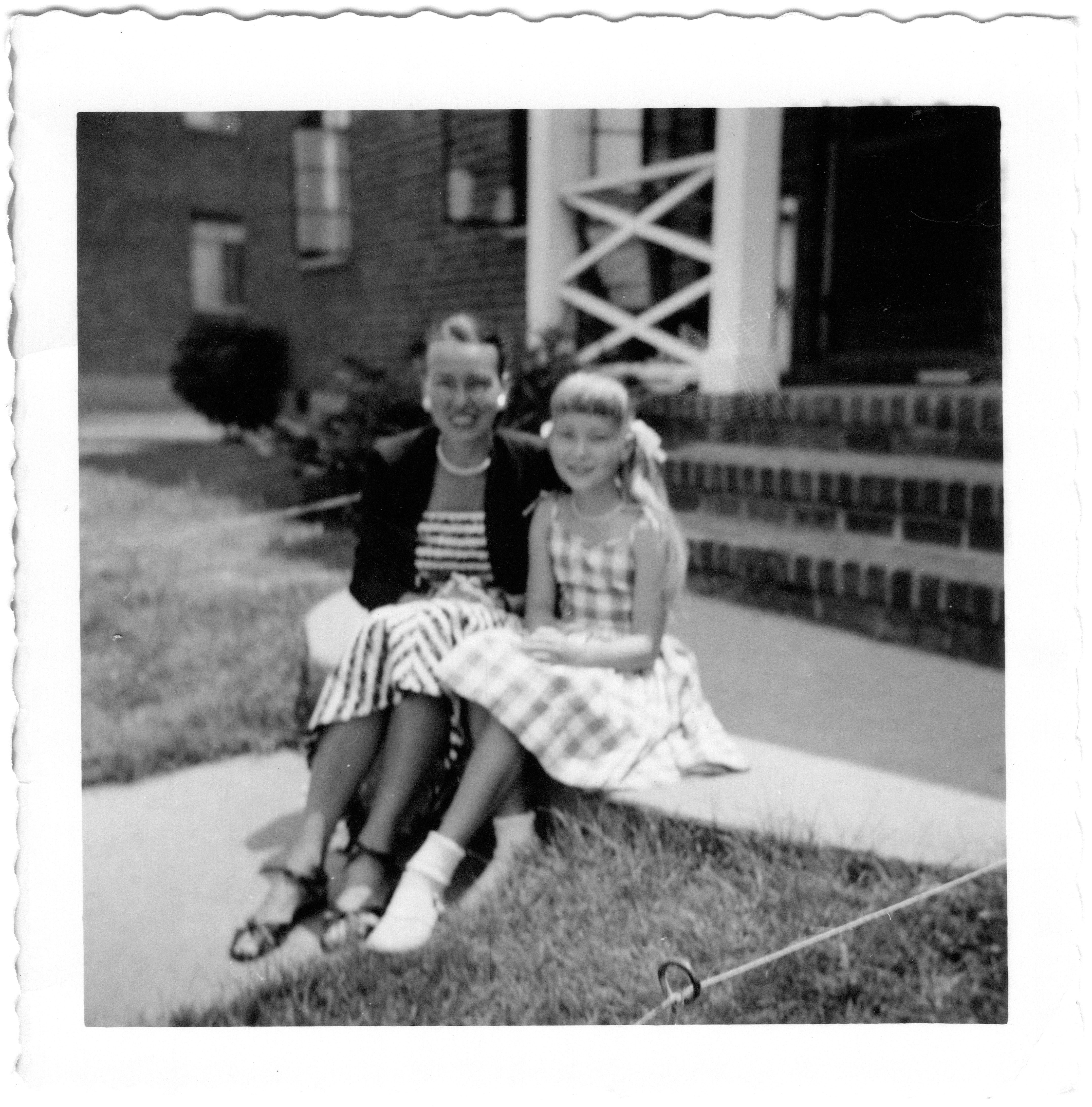AARP Hearing Center
By Margaret Toman -- as appeared in the July/August NC Medical Journal

My mother is 101 and in the advanced stages of Alzheimer’s Disease. She lives with me, wheelchair bound, silent, beautiful still. For 15 years I have accompanied her through every stage of her illness - confusion, forgetfulness, accusations, wandering, the time she painted the lampshades with Revlon’s Fire and Ice and the wads of Big Red chewing gum she stuck on her closet wall, declaring that they would hatch someday. Along the way I have adjusted hope, honed patience, fine-tuned empathy and stumbled from denial toward acceptance - still elusive. In her heyday, along with sturdy genes, healthy habits and good medical care, my mother exhibited a visceral joy in living and in love that are the hallmarks of a stellar human being. The fact that five million other people in the US and 50 million people worldwide face the same enemy does not deter me from the notion that this is terribly unfair. I advocate for increased funding for research into anything that might solve Alzheimer’s Disease.
Caregivers, many of whom are elderly or disabled themselves, walk a high wire buffeted by the winds of recession, unemployment, drug shortages, body disposal issues, anticipatory grief, unexpected crises, fixed incomes, rising costs, and repeated threats to social programs which, if successful, will cause many to fall. I advocate for strengthening these programs.
Monday through Friday I take my mother to adult daycare where she enjoys a lively atmosphere and where the staff medicate, feed, toilet and celebrate her. I take care of her alone on week nights and weekends with the support of Frank Sinatra, Lawrence Welk and Velcro, our fat cat, who cares for us both. This arrangement enriches her life and rescues mine, allowing me on weekdays to direct frustration into positive action on aging-related boards and coalitions, where, as a caregiver representative, I share the challenges and the joys of caregiving with good people trying to make a difference, many of whom know only abstractly the reality that my mother and I face every day. I advocate for adult daycare as the most loving, most economical and most practical option for our rapidly aging populace. If we are to keep people out of expensive institutions, funding is needed for many more.
With a sharp eye on the weather and on how my mother is responding on any given day, I take her to carefully chosen events – author talks, quiet restaurants, concerts playing music of her taste. Reactions from people around us vary from friendly and welcoming to cool and distant, to moving completely away. I protect her fiercely from being minimized, ignored, neglected, dismissed or discarded by our culture’s peculiar attitude toward the very old. I advocate for empathy and age sensitivity training for the very young.
Caregiving and advocacy sometimes merge. When I am impatient with my mother and overcome it, grow bored as she so slowly drinks her Ensure but let her finish anyway, want desperately to go to bed but she is reacting positively to a television program so I wait until it’s over – I am advocating for her right to be as present as she can, to protect her preferences and inclinations and to support whatever good moments there are. She deserves no less.
Caregiving at its best is more melody than dirge, the discordances offset by grace notes that sometimes rise to the level of requiem in the most difficult moments. Love is resilient. I have admired my mother’s strengths and grieved her losses every day for the past 15 years.
There is nothing unusual about this. This is what caregivers, mostly ordinary people with high standards for love, are doing all over this state and country, invisibly, every day, at great cost and for free. They deserve reliable respite, dependable financial and moral support and unwavering compassion – all of which must sometimes span many months and years.
My mother and I are approaching a time when I must protect her from my own desire to keep her forever. I advocate for love and, when it is time, for letting go.































































